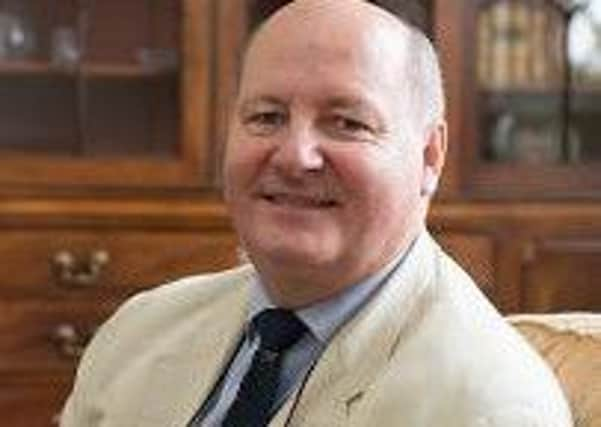John Brewer: Peace journalism does not mean sacrificing the truth


It is very unpopular amongst journalists who believe it requires them to sacrifice reporting the truth for the sake of supporting peace.
This is not so.
Peace journalism is about fair and balanced reporting.
It is much more than positive journalism (a plane lands safely in George Best City Airport).
Advertisement
Hide AdAdvertisement
Hide AdIn the context of a society like ours emerging out of conflict, peace journalism balances an obligation to deal with the past, with helping us learn to live together in the future.
It is about balancing the politics of fear, with the politics of hope.
It emphasises what has changed for the better as much as what remains the same.
It avoids turning victims’ experiences into entertainment and does not use victims’ grief to score political points.
Advertisement
Hide AdAdvertisement
Hide AdPeace journalism is about assisting in the growth of trust, empathy and understanding so as to ensure the violence never happens again and that our grandchildren do not go through what we went through.
Victim issues, though, sorely test peace journalism, for victim issues get to the core of the debate about the morality of the conflict, what it was for and whether it was necessary or worth it.
Debates about morality tend to reflect fixed positions and permit little compromise; so it is also with victim issues.
My father died when I was two.
I know what it is like to have a hole in the middle of the chest called grief and which it is difficult to fill with love.
Advertisement
Hide AdAdvertisement
Hide AdPeace journalism, though, is one part of a wider process that helps victims to remember the past without being locked in it.
It helps us lift our heads and look forward so that our grandchildren can inherit a better future, while our thoughts might remain deeply rooted in our past experiences.
Peace journalism is thus about fair and balanced reporting, whether on victim issues or more generally on the struggles in building a shared and better future.
Conflict journalism is simply the reverse of all this.
So I was shocked to find that some readers accused me of saying victims should shut up or that they make up stories (which one reader did in an a phone call).
The News Letter agrees I did not say these things.
Advertisement
Hide AdAdvertisement
Hide AdThe newspaper did not, however, point this out in later coverage.
Instead, a storm brewed in which, in rugby terms, the player was attacked, not the ball.
I became the story not the unfairness and imbalance of their original piece that relied on an interview with only one victim.
There are thousands and thousands of victims in Northern Ireland, and with it thousands and thousands of tragic personal stories.
No one person is representative of them all.
Not all voices are equal, but all victims have a voice.
Advertisement
Hide AdAdvertisement
Hide AdReporting these multiple narratives is not peace journalism; rather, it is common sense journalism.
For those who are interested in my work on victims please consult my website www.compromiseafterconflict.org.
• John Brewer is an academic who is Professor of Post Conflict Studies at Queen’s University, Belfast